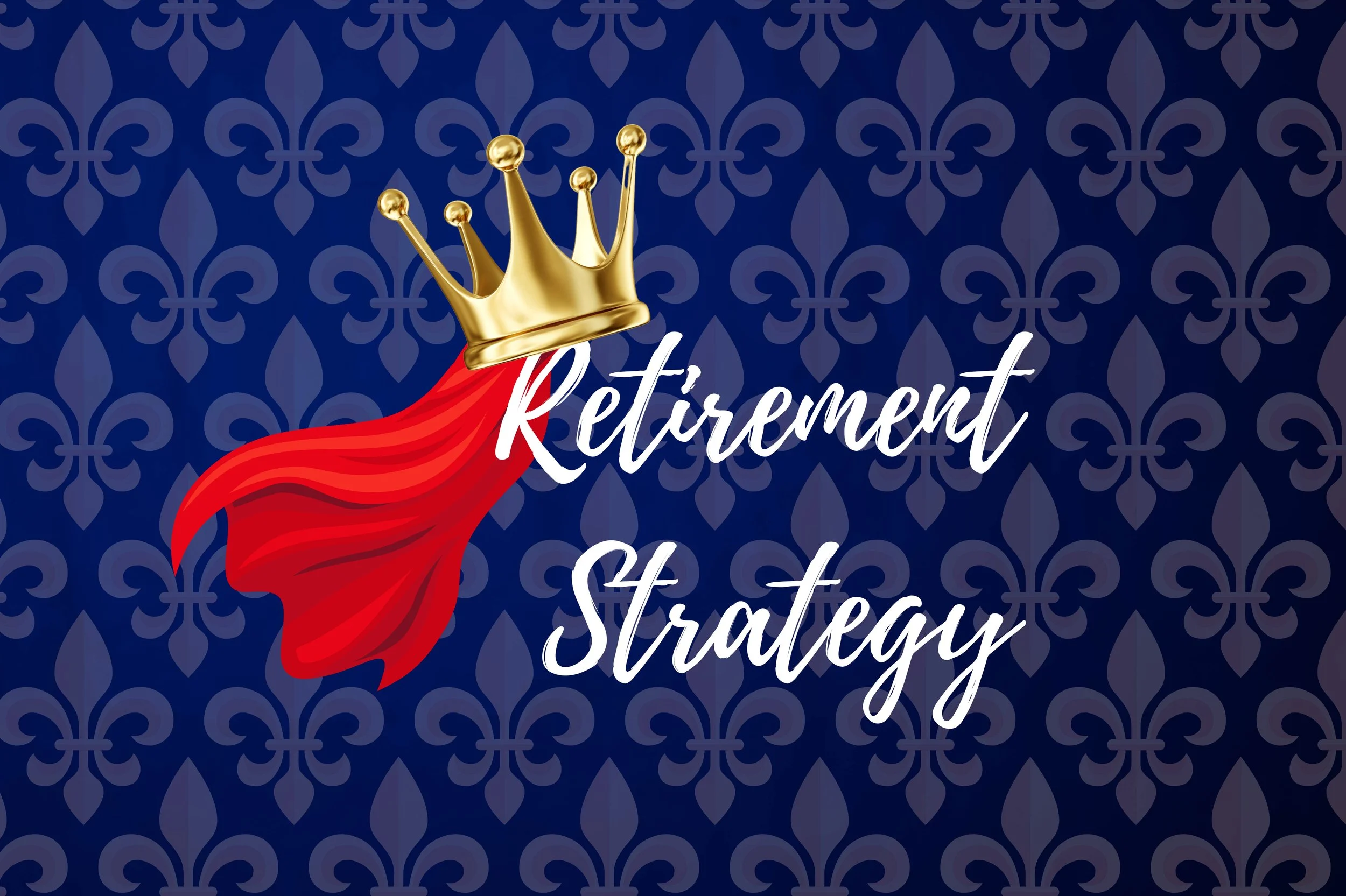As KiwiSaver assets surge past $110 billion, an all-too-familiar story is unfolding… Multiple KiwiSaver and general investment providers are rushing into private asset markets, echoing the past investment frenzies that have periodically swept through New Zealand's investment landscape.
For those with long memories, it's worth recalling that investments with the most sizzle often leave investors with the most burn.
New Zealand's investment history is littered with cautionary tales – some of them more colourful than others, like the 2000s fad that was ostrich farming (which of course promised exceptional returns). This was following the earlier 1990s goat farming schemes that would supposedly revolutionise agriculture.[i]
The cautionary tales are endless. Consider the local disaster that was Napier's Aquiline Holdings Ltd: An ill-fated private equity style small business acquirer led by a former Air New Zealand executive, which demonstrates how quickly private market investments can unravel.
More recently during the Ardern-Hipkins government, we saw a push for more private market investments in KiwiSaver funds, championed as a means to fuel domestic economic growth.
Or further afield, look to the UK's Neil Woodford saga[ii] where a star fund manager's venture into illiquid investments led to the spectacular collapse of his fund - leaving thousands of investors stranded.
The Liquidity Trap
The fundamental problem with private equity is simple: Assets are easy to buy, but can be devilishly difficult to sell.
This asymmetry becomes catastrophic when liquidity is needed. Global regulators are increasingly voicing concerns about this very issue, particularly in retirement savings schemes.
During market stress, the consequences can be severe. When investors rush for the exits, fund managers often find themselves forced to sell their most liquid assets first, leaving remaining investors holding an increasingly illiquid portfolio - a situation dreaded by regulators worldwide.
Beyond the obvious fees, private equity investments carry hidden costs:
· Valuation uncertainty
· Concentration risk in single companies
· Limited regulatory oversight
· Restricted exit options
· Wide performance dispersion between top and bottom performers
Recent announcements from several major KiwiSaver providers exemplify a concerning trend: Arriving late to the private equity party.
Big name funds are now talking about expanding into private equity,[iii] purportedly as a response to increasing interest from client. Alas, it’s not always as simple as it might sound in the press releases.
Late-stage investing, while marketed as "more stable," often means buying in at peak valuations when earlier investors are looking to cash out. It’s a bit like showing up when the cake has been eaten and the best drinks are gone - but still paying full admission price.
Three fundamental issues make private equity particularly problematic for KiwiSaver investors:
1. The Liquidity Mismatch
While KiwiSaver requires ten-day portability for account transfers, private equity investments can take years to exit. Currently, less than 2% of KiwiSaver funds are in unlisted shares, compared to 18% in Australian superfunds - a gap that might actually reflect prudent risk management.
2. The Fee Layer Cake
Private equity comes with multiple layers of fees that eat into returns. KiwiSaver members pay management fees to their provider, who pays fees to private equity funds, which might invest in other vehicles - each layer taking a bite.
When markets are rising, these fees can be masked by strong returns. It's in declining markets that their impact becomes painfully apparent.
3. The Valuation Void
Unlike public markets with daily pricing, private equity valuations can lag reality by months. During the 2009-2010 Australian market downturn, this lag meant some investors withdrew at inflated valuations while others were left holding assets worth substantially less.
As Commerce Minister Andrew Bayly reviews KiwiSaver settings this year, maintaining protective elements while potentially creating specific carve-outs for private investments will be crucial.
Today’s KiwiSaver landscape brings to mind Aesop’s fable of the tortoise and the hare.
While private equity investments might appear to offer an exciting sprint to higher returns, history suggests that the steady approach of transparent, liquid, and well-diversified portfolios often wins the long-term race.
The lessons from cases like Woodford and Aquiline Holdings should serve as stark reminders of what can go wrong when retirement savings are locked into illiquid investments. The importance of qualified financial advice in these complex investment situations cannot be understated.
While providers rush to offer the latest private market products, investors need advisers who are legally bound to put client interests first - and aren't incentivised to recommend particular products or strategies.
Being fashionably late to a party is one thing. Paying premium prices for the leftovers while being locked in the venue is quite another. As Aesop’s fabled tortoise proved, slow and steady progress (in this case traditional, transparent investments) often outperforms heart-pounding sprints.
Often, the most profitable decision is staying away from the latest investment craze altogether and sticking to a well-planned, long-term strategy guided by impartial advice.
· Nick Stewart (Ngāi Tahu, Ngāti Huirapa, Ngāti Māmoe, Ngāti Waitaha) is a Financial Adviser and CEO at Stewart Group, a Hawke's Bay-based CEFEX & BCorp certified financial planning and advisory firm. Stewart Group provides personal fiduciary services, Wealth Management, Risk Insurance & KiwiSaver scheme solutions. Article no. 384.
· The information provided, or any opinions expressed in this article, are of a general nature only and should not be construed or relied on as a recommendation to invest in a financial product or class of financial products. You should seek financial advice specific to your circumstances from a Financial Adviser before making any financial decisions. A disclosure statement can be obtained free of charge by calling 0800 878 961 or visit our website, www.stewartgroup.co.nz
[i] https://www.stuff.co.nz/the-press/news/85365265/peculiar-creatures-what-happened-to-ostriches-and-other-farming-experiments
[ii] https://en.wikipedia.org/wiki/Neil_Woodford
[iii] Simplicity Private Equity Fund invest in iconic Kiwi company | Simplicity
Fisher Funds sets up NZ private equiy business to target unlisted companies | RNZ News





